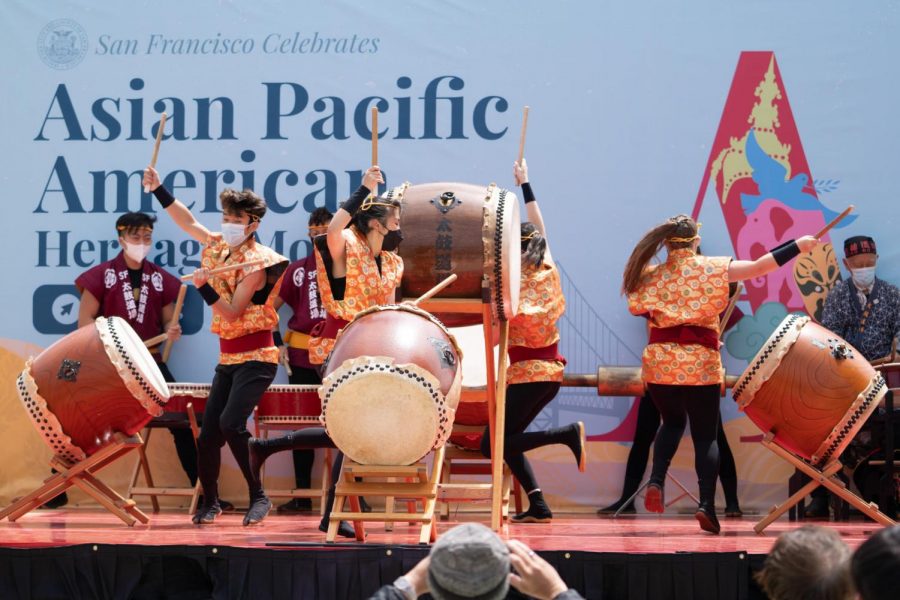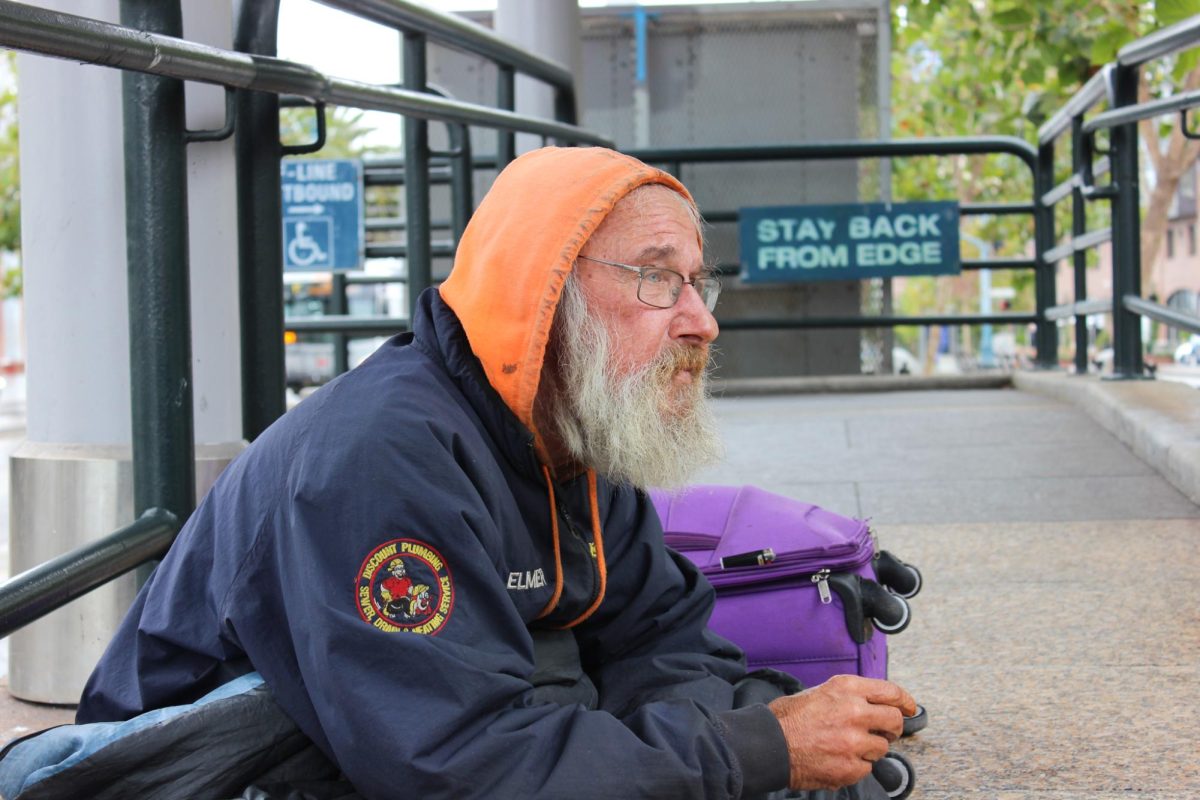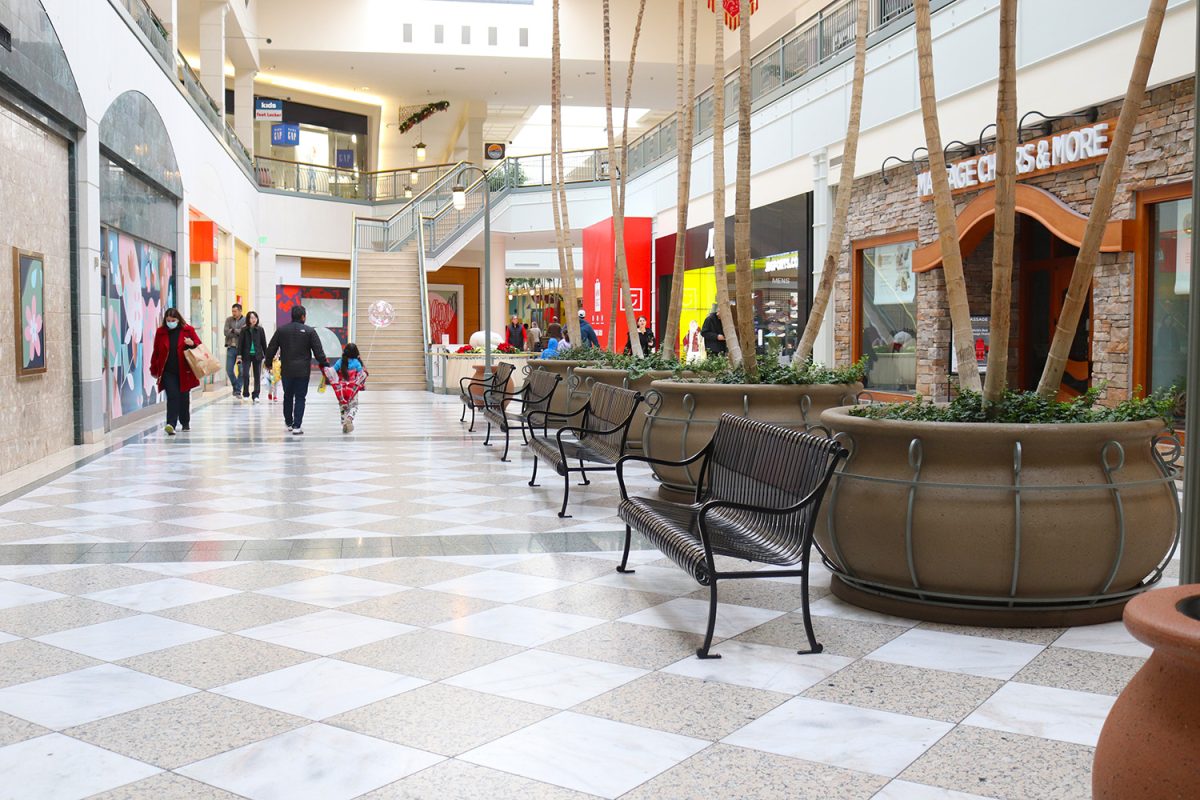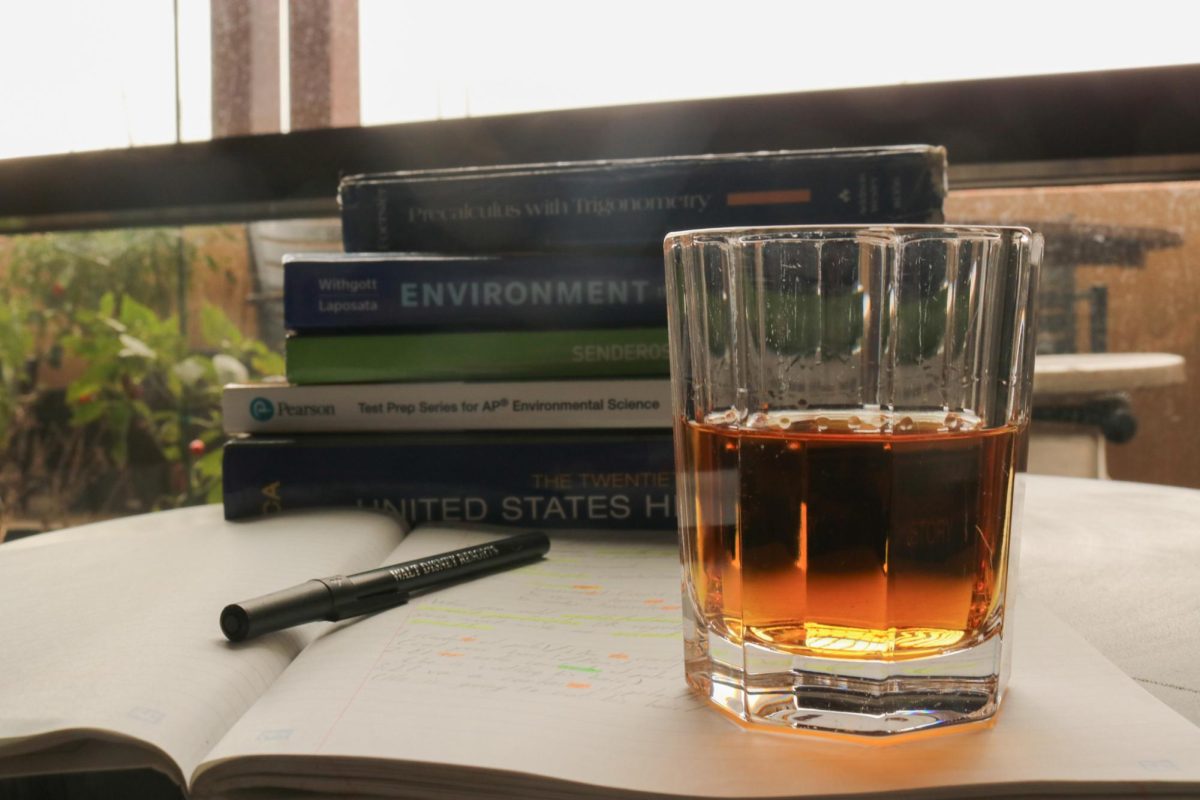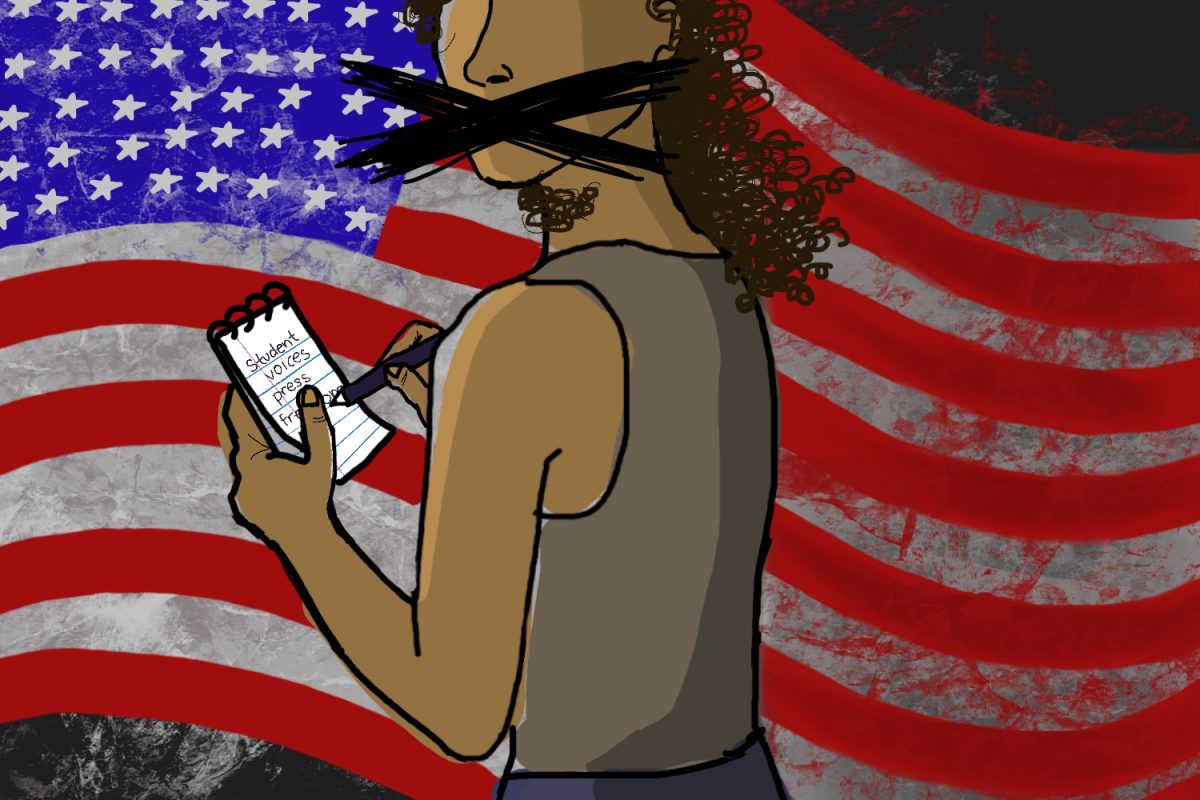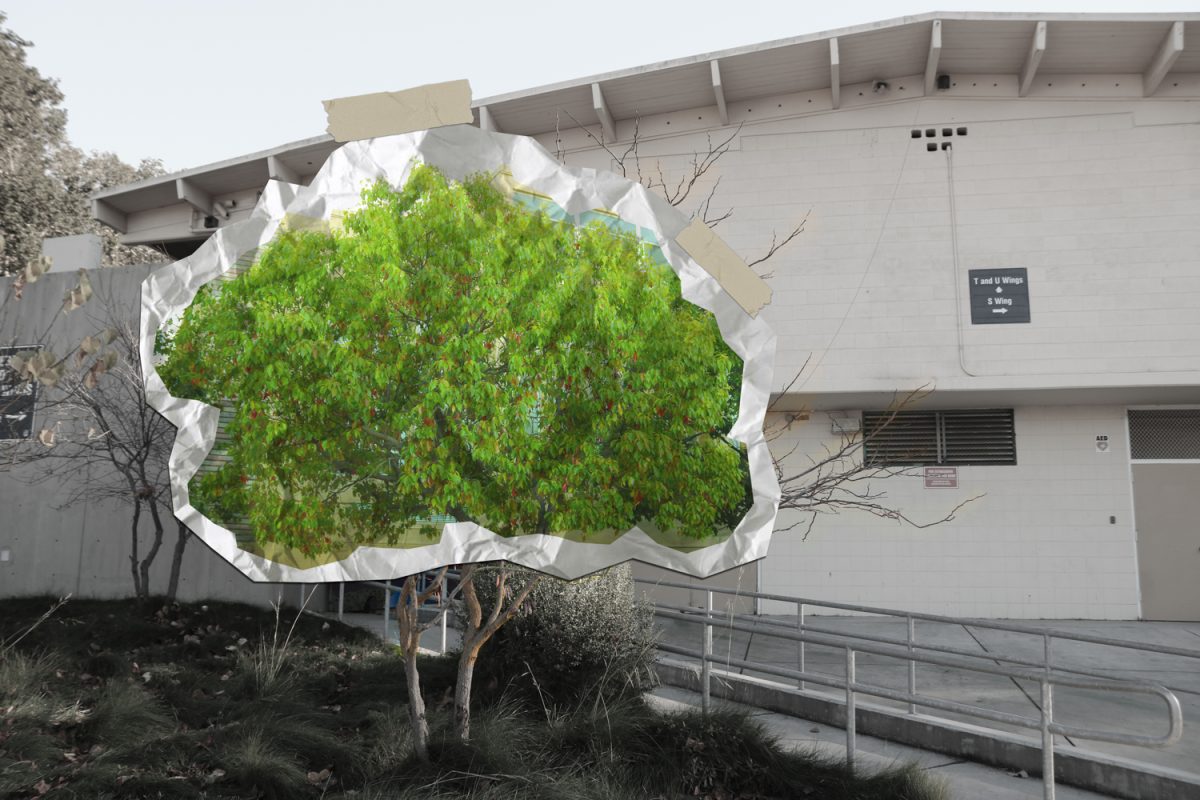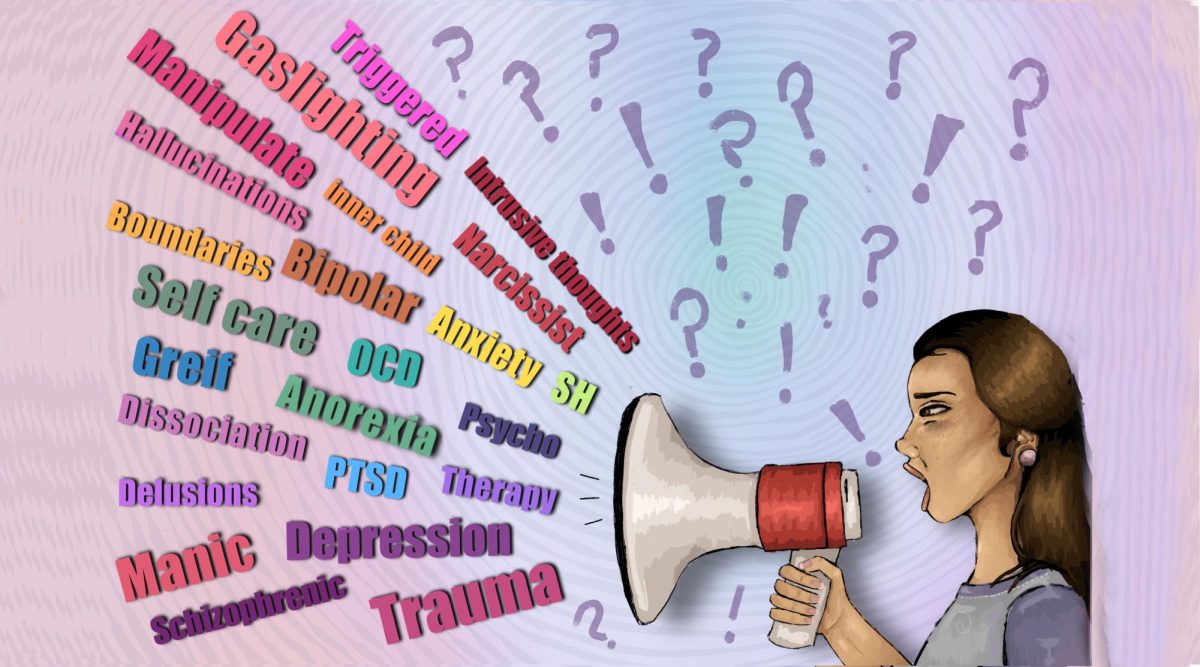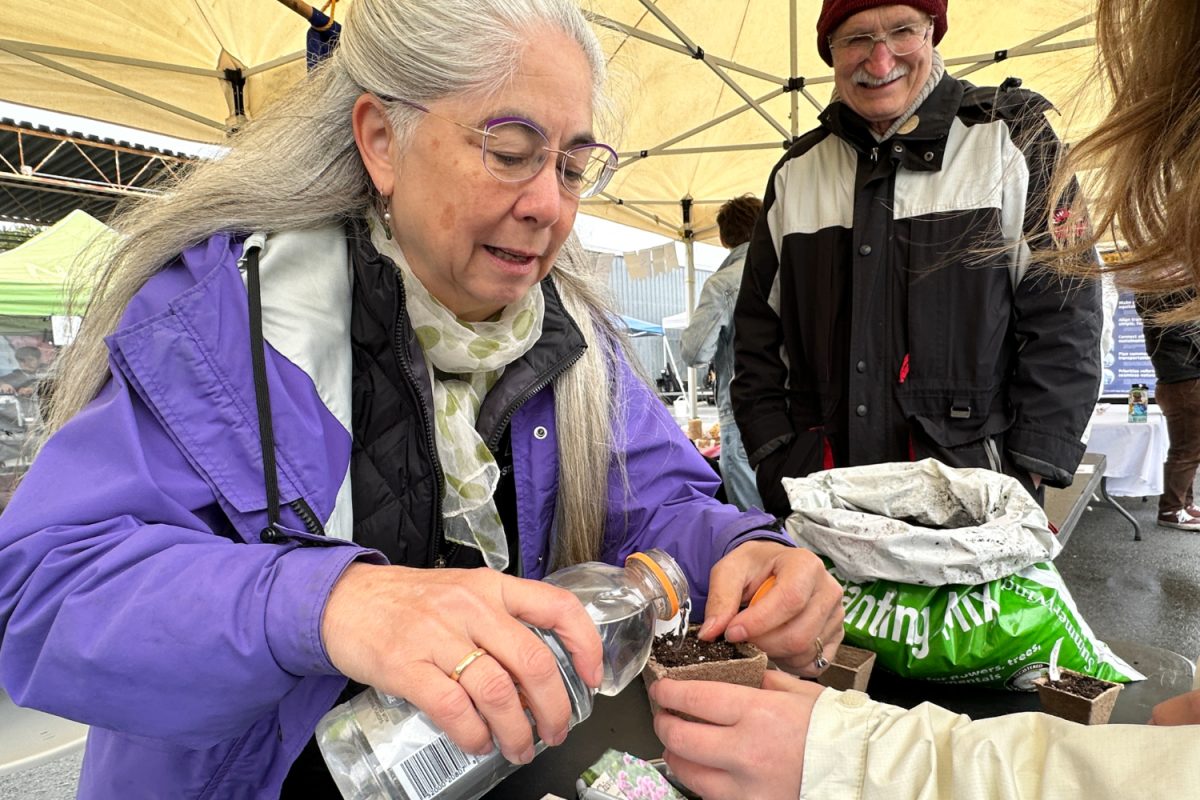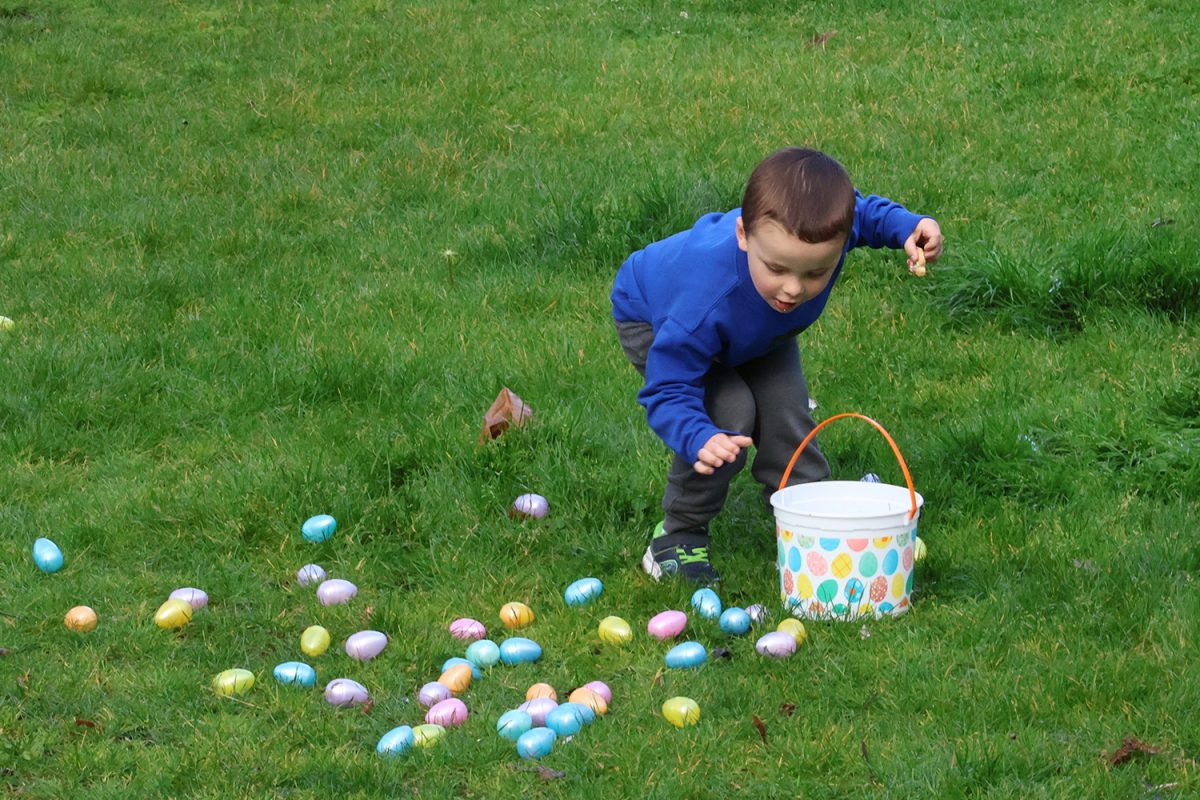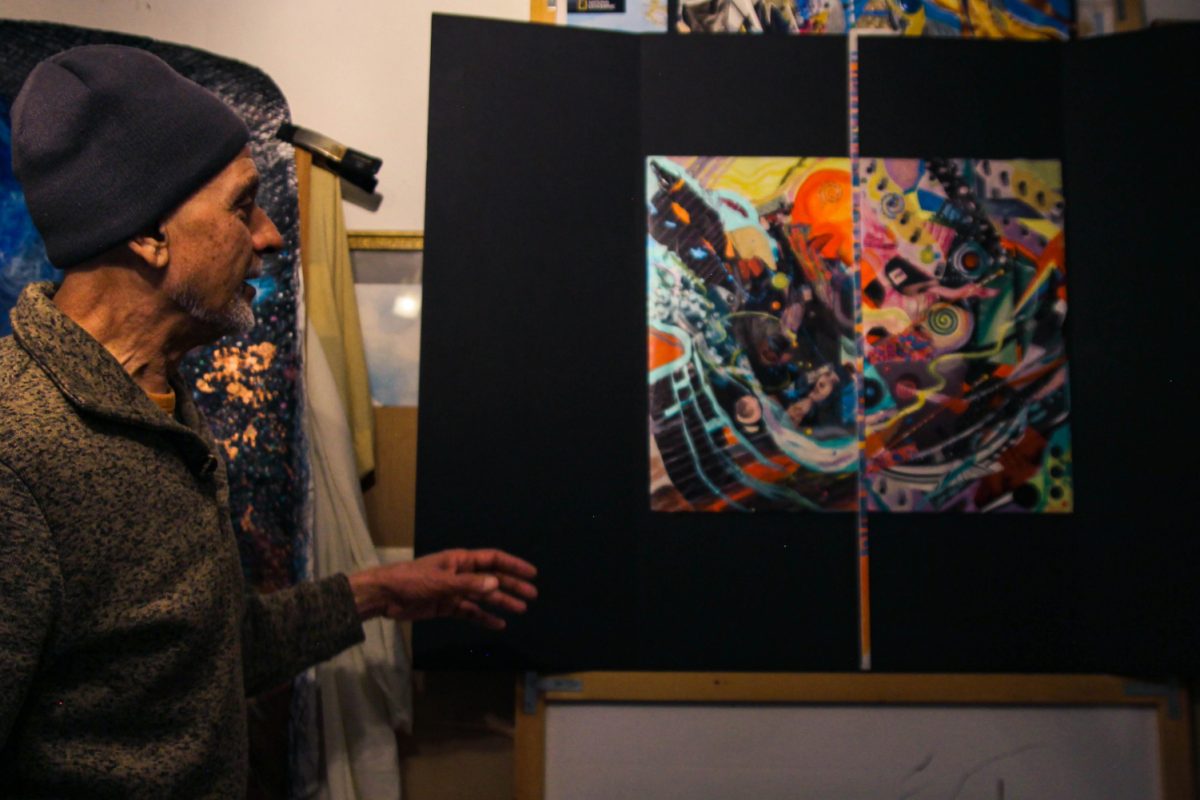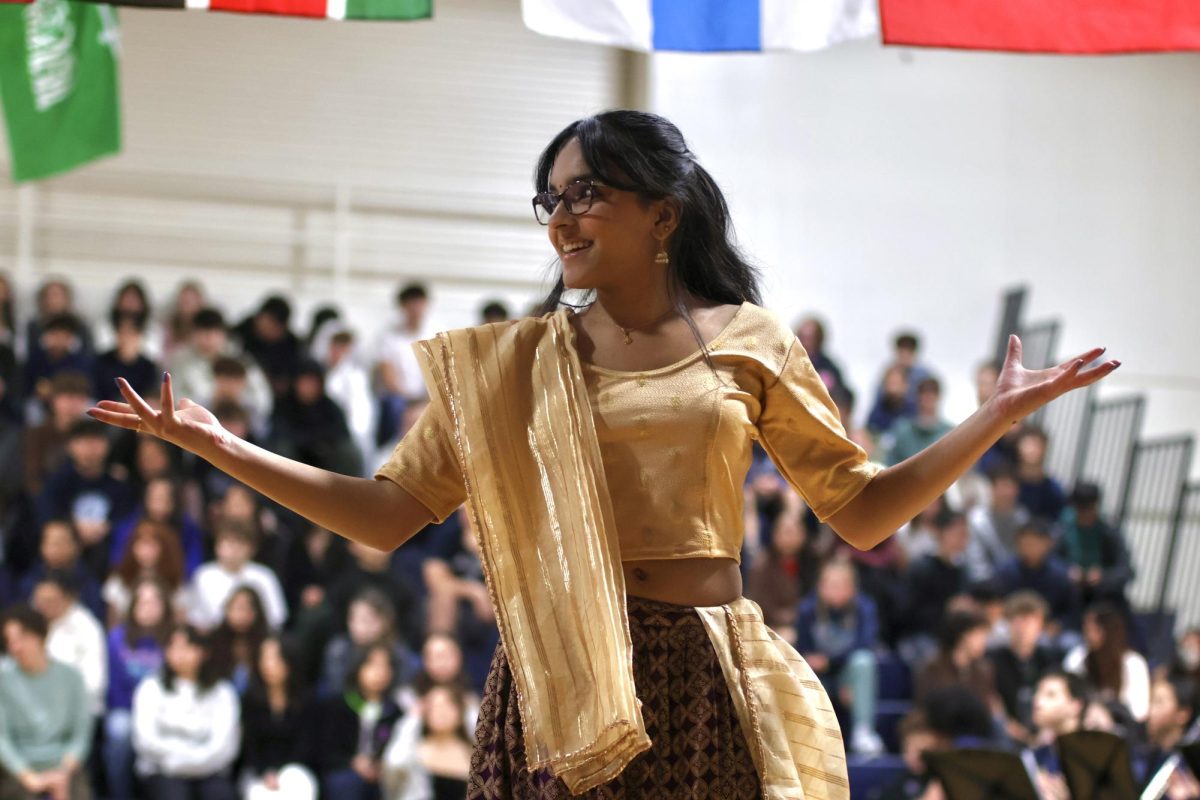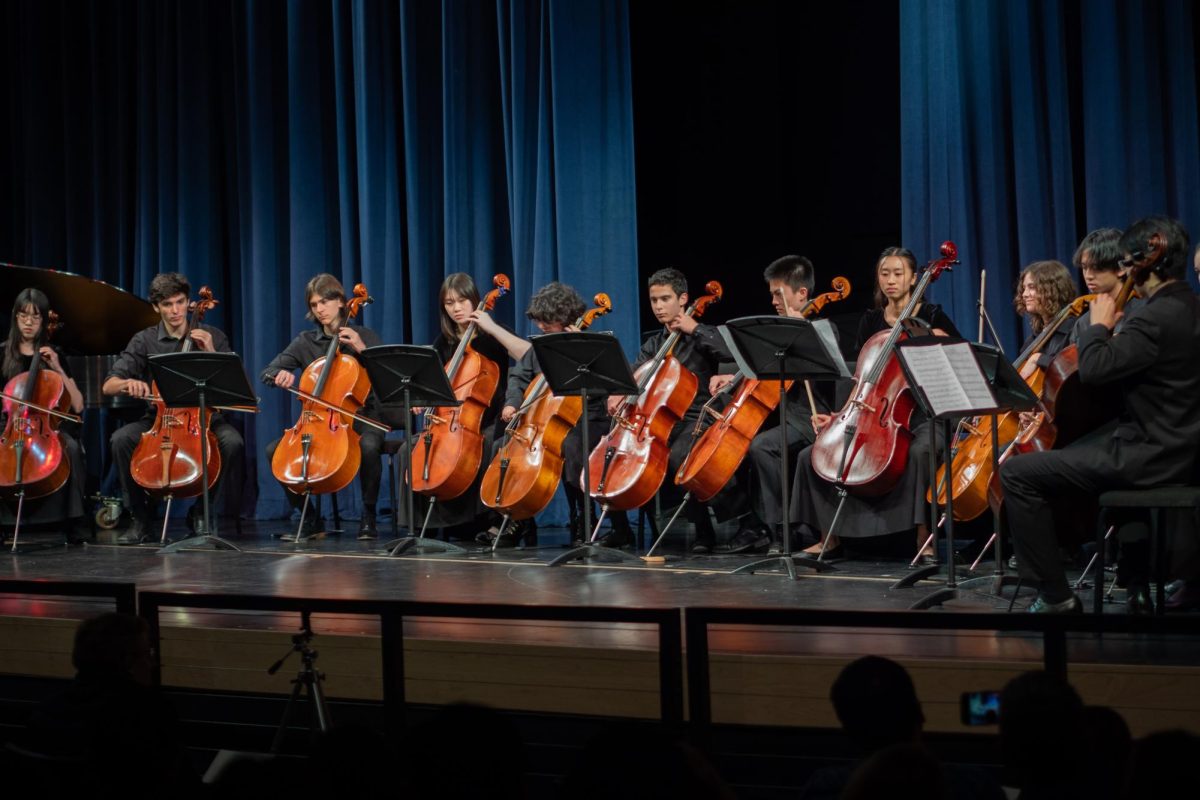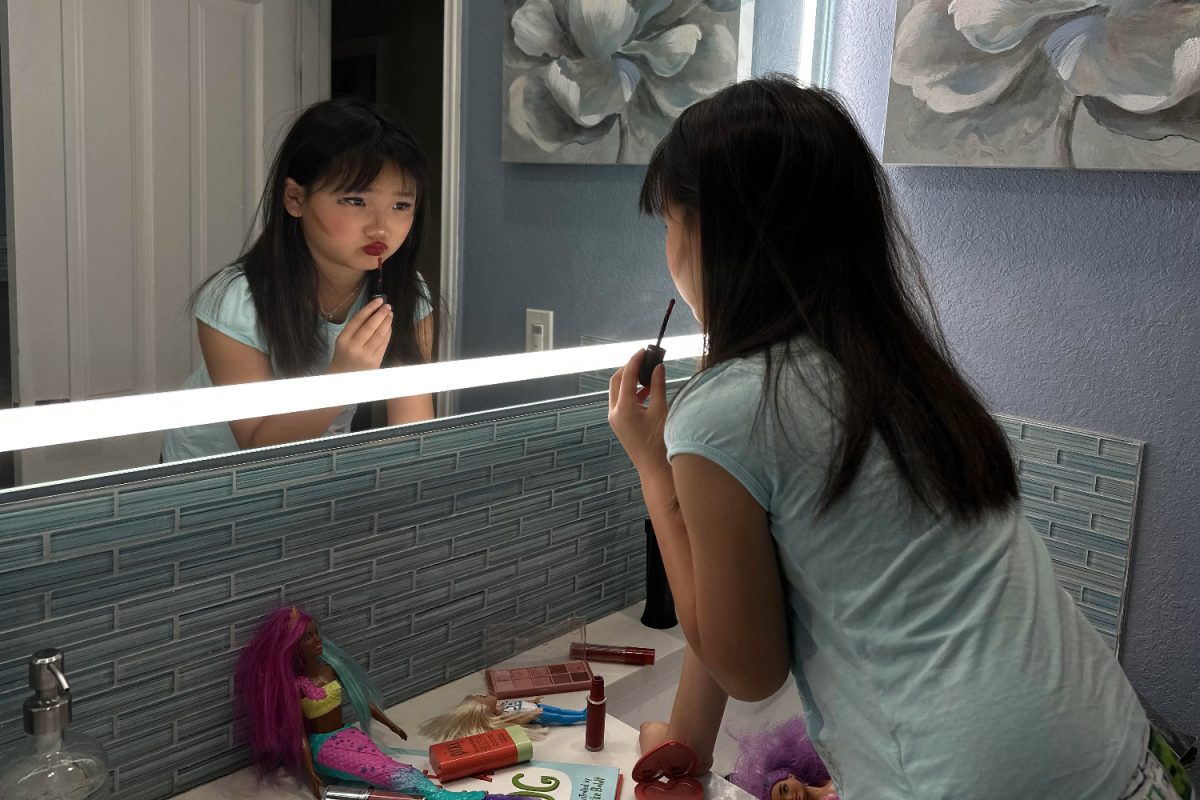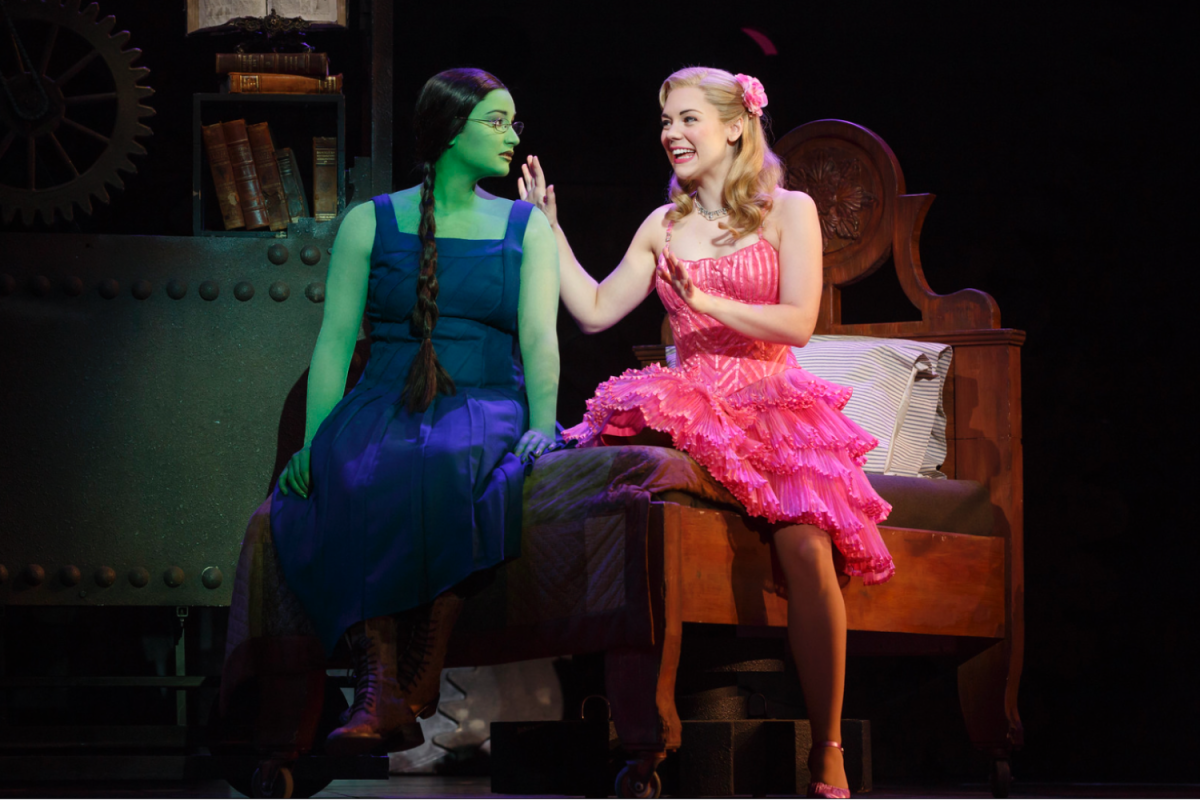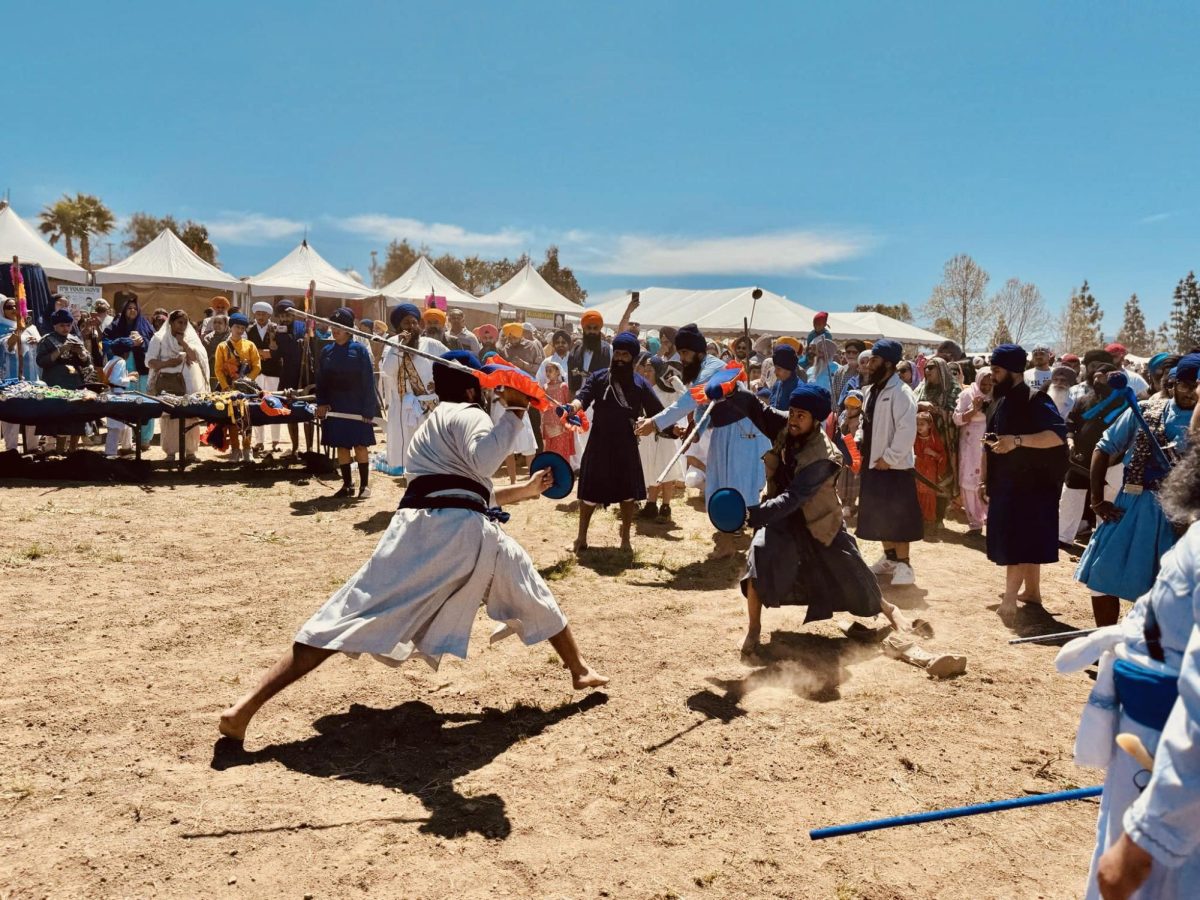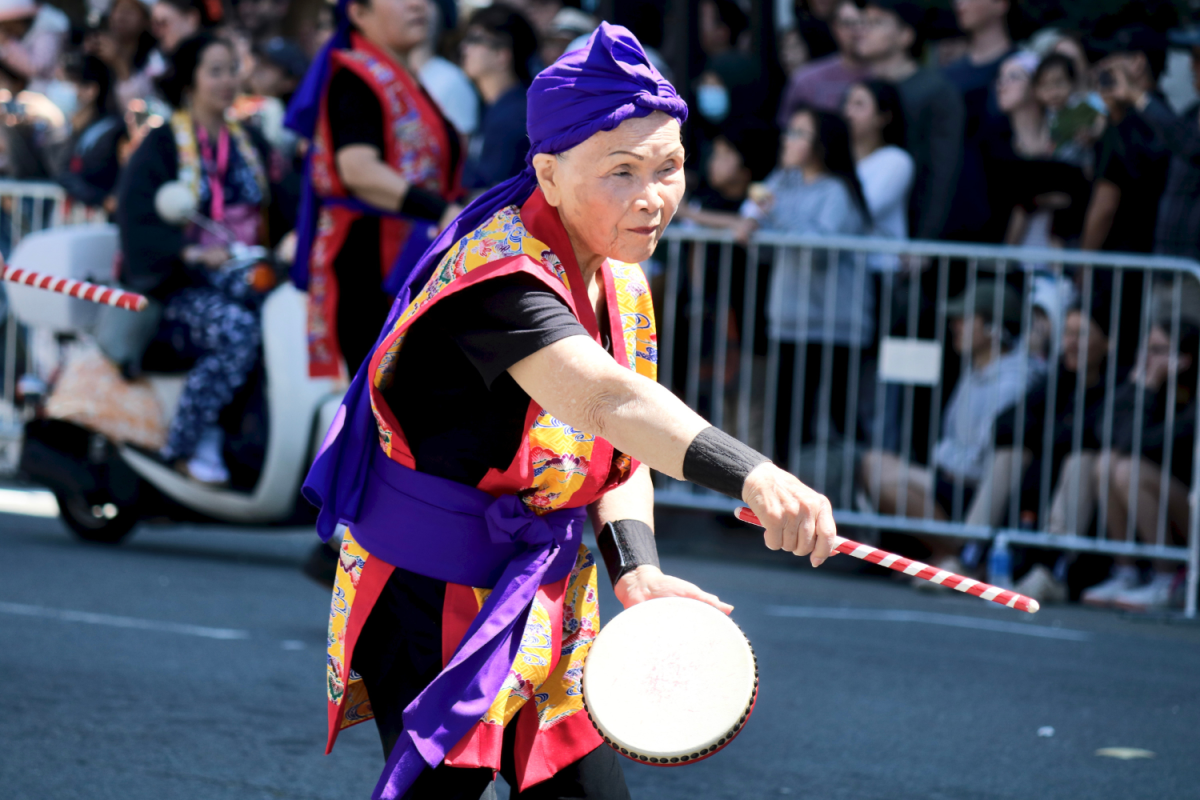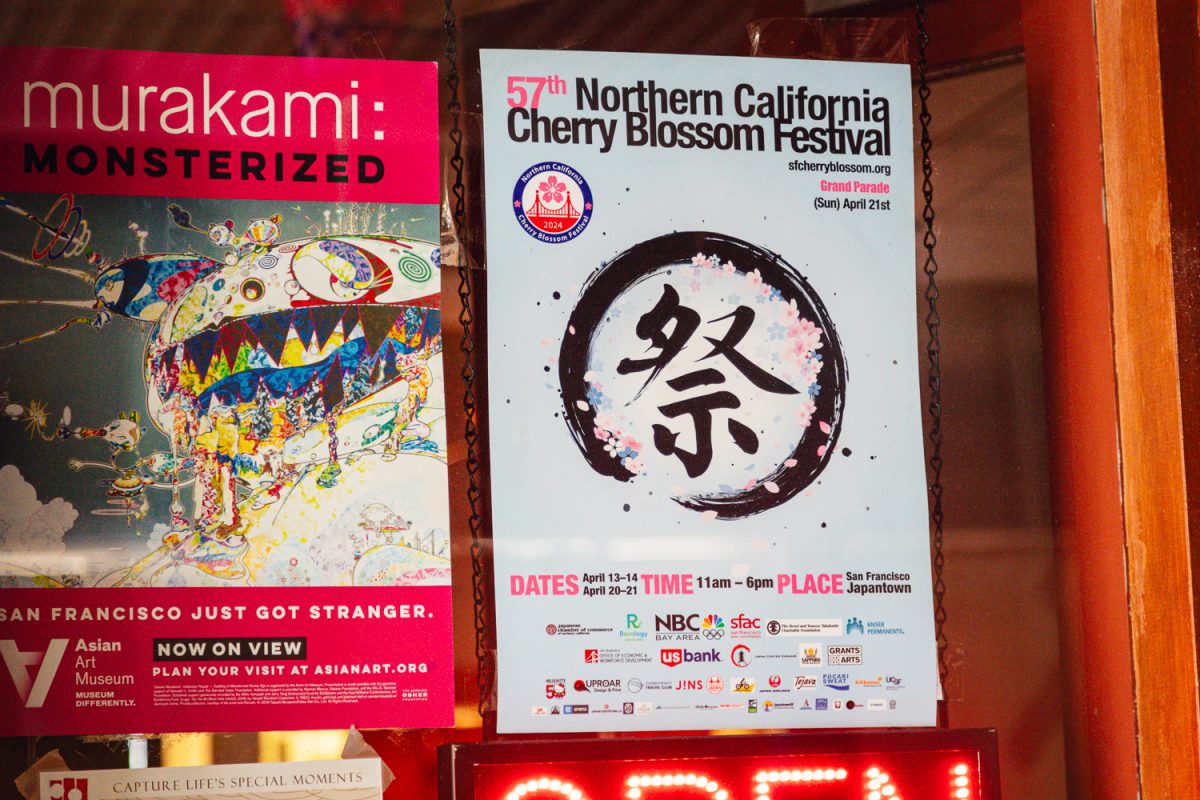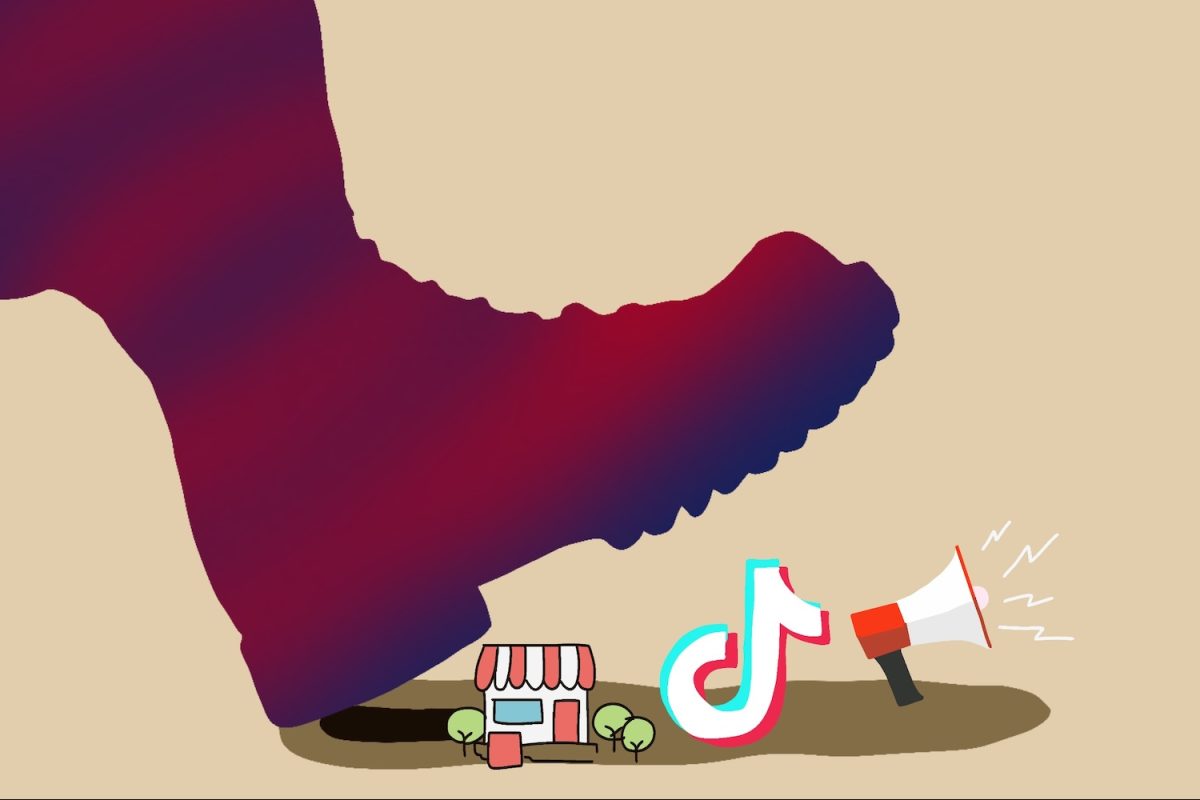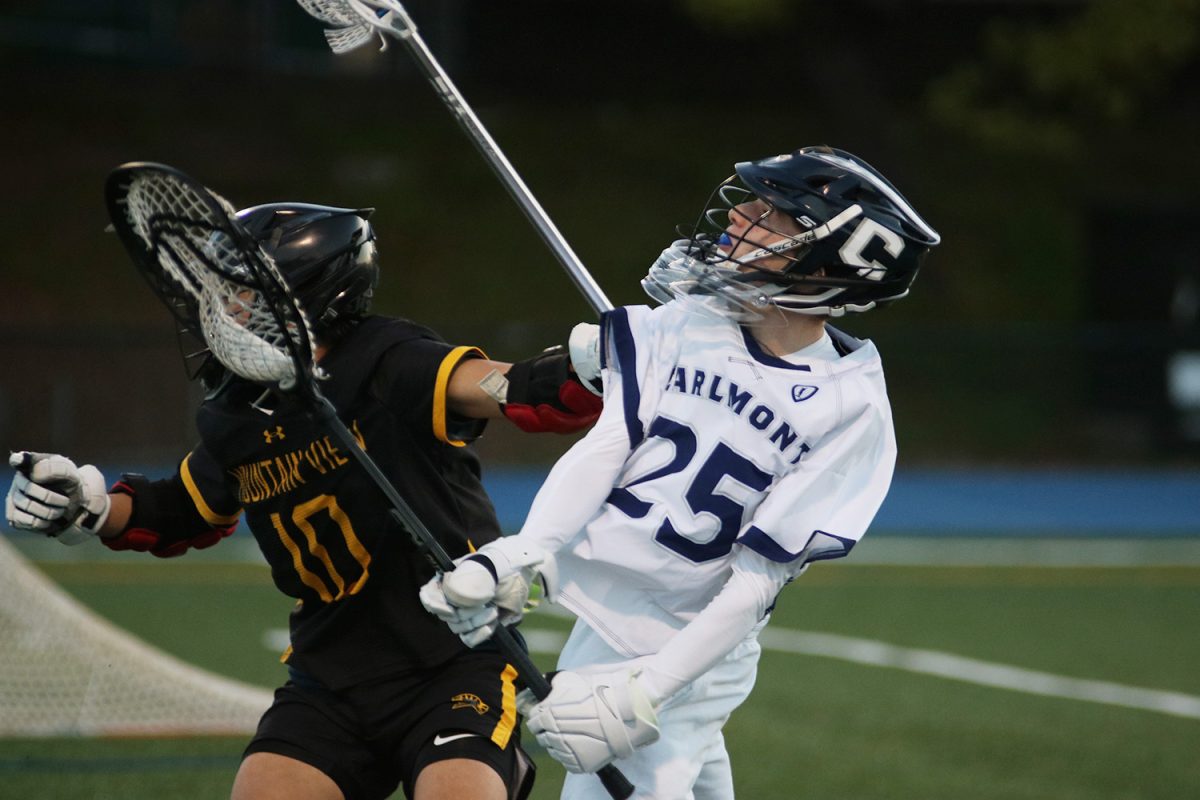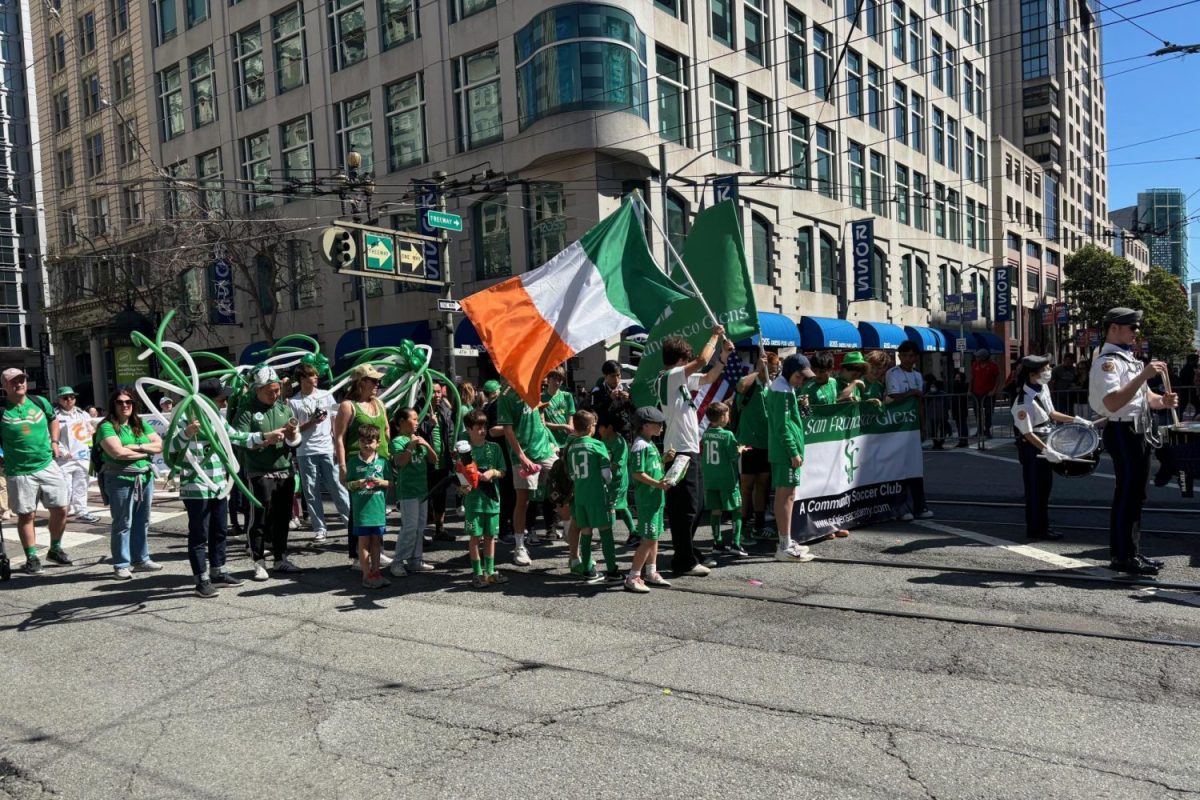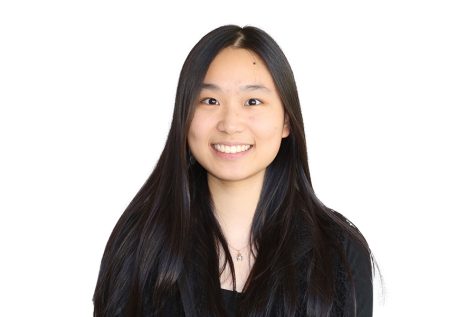Asian American and Pacific Islander (AAPI) Heritage Month has occurred in May since 1992. In 2006, the same month also became Jewish American Heritage Month. In addition to other commemorative heritage months that take place throughout the year, these national observances celebrate the contributions that various ethnicities have made to American history, society, and culture.
“There’s something really beautiful about people coming together and saying, ‘This is a moment, a month. This is a time for us to stop and revel in our culture and celebrate the accomplishments of our people and to be visible,’” said Jennifer Kaminsky, president of San Mateo OCA-Asian Pacific American Advocates. “For OCA, getting AAPI Heritage Month on the calendar is a giant achievement. The most important thing in celebrating culture is taking the time to mark a day where you’re going to remember what you’ve done.”
Efforts to establish AAPI Heritage Month began in the 1970s, when Jeanie Jew, a former Capitol Hill staffer, approached government officials with the idea to designate a month to celebrate the contributions Asian and Pacific Americans have made to the United States. Jew was also a board member of the Organization of Chinese Americans (OCA), a national nonprofit organization founded in 1973 to advance the social, political, and economic well-being of all people of Asian descent.
Since then, OCA has grown to include over 50 chapters across the country. They also realized the need to recognize all Asian Americans and Pacific Islanders and rebranded to be OCA-Asian Pacific American Advocates.
The OCA San Mateo Chapter (OCA-San Mateo) was established in 1987 and focuses on civil rights advocacy and education by working with state governments to enrich the curriculum to include the Asian American experience and contributions. Kaminsky is the first Jewish president of OCA-San Mateo and has been a longtime supporter of Asian American advocacy rights.
“I believe that Asian people in the U.S. have suffered quite a bit after being marginalized for a very long time, and it shares a common thread in history with Jewish people’s experience in the world,” Kaminsky said. “We’re very aligned in cultural values, and both Jewish people and Asian American people have experienced a lot of racism in the countries where they were born.”
Although heritage months may not necessarily be effective on day one, Kaminsky still sees them as a step in the right direction.
“Over time, celebrating different cultures gets to enter the public’s consciousness, and I like to think that it does make a difference, that it does matter and brings people together. I think it stimulates conversation and, hopefully, change,” Kaminsky said.
To senior Lillian Rozansky, heritage months are essential in making people aware of other ethnicities and cultures in the world. However, she believes in the need to normalize celebrating these different backgrounds every single day.
Every day should be a celebration of the cultures and backgrounds that make up the world.
— Lillian Rozansky
“It’s like when you’re a kid, you ask, ‘How come there’s a Mother’s day, a Father’s Day, but no Children’s Day?’ It’s because every single day is a Children’s Day,” Rozansky said. “I see that as an equivalent of every day should be a celebration of the cultures and backgrounds that make up the world.”
Establishing effective ways to recognize different heritages around the world may be difficult, but according to OCA-San Mateo board member Judy Yasutake, this work is important.
“It’s amazing how many places around the country are unaware of what contributions each one of our communities has made to better society,” Yasutake said. “If we don’t have a way to celebrate different communities, we lose sight of what each community has contributed to the success and growth of this country.”
However, even if there are heritage months, they might not achieve as much as one would hope.
“Heritage months only scratch the surface level because while we’re made aware of the different cultures, I don’t think a lot of people are inclined to appreciate it for how that culture understands it,” Rozansky said. “We don’t understand each other’s cultures, so that’s why we blink our eyes at these heritage months.”
In doing so, people often overlook the many communities that make up the world.
“People should realize that in the Bay Area, you’re in a bubble. There’s so much more out there in the world with so many different cultures,” Rozansky said. “We’re always standing by patriotism, but look at the other countries around the world. They’re doing so much better, even in this COVID-19 crisis, because they’re coming together instead of hating against each other.”
Within the past year, minority groups have received an increasing amount of hate.
“I have many friends across the entire country who are Asian of all ages and genders, and they’re afraid to go out. There’s no reason why my friends should live in fear; they were born and raised here. Even if they weren’t, this still wouldn’t be OK,” Kaminsky said. “This is a group of vulnerable people who are being harassed and attacked on a daily basis, openly and almost without any kind of punishment, and it’s really disturbing to me that this is happening.”
Not only are Asians targets of racism, but other cultures have been subject to hate as well. As a Jew, although Rozansky has never faced a direct threat of antisemitism, the discrimination and insensitive comments her friends from all different types of communities face also affected her.
“If somebody of your same religion, culture, or ethnic background is targeted, you think to yourself, ‘That could have been me or anyone close to me,’ Rozansky said. “It’s really hard because you feel like there’s something wrong with you, you feel embarrassed in a sense, but in reality, there’s nothing to be embarrassed about because it’s just societal norms depicting you as more villainous than as you’re perceived to be.”
In addition to misportraying cultures, society may also generalize people based on an individual’s appearance.
“Because many people are not able to differentiate our communities as far as Asians, whether we are Asian Americans or were born here or immigrated, there’s a sense of ignorance in society where they target all of us as being the same,” Yasutake said. “I experienced discrimination based on what I look like and because I think people have an attitude about the Asian community. I recognize that hate does exist; whether it’s blatant or latent, it can be there.”
Even if hate is so versatile that it is hard to pinpoint one measure to prevent it, resistance to hatred can start from one person.
“If you see something unfair or inappropriate, you have to stand up and say something about it. If it’s not safe to say something, record it and report it,” Kaminsky said. “I think people just need to find their voice in whatever medium that is and get involved in a way that makes sense for them.”
Since it might be more difficult for younger individuals to express their opinions, Rozansky suggests assessing one’s values first.
“As a teenager, it’s definitely hard to speak out for what you believe because, at this stage of your life, you don’t even know what you believe sometimes. All of us have prejudices, but we’re just sometimes too insecure to admit it to ourselves,” Rozansky said. “I think we need to recognize where we stand in the world and what our values are. If you can find respect in yourself for what you value and how you want to see the world, then that’s how you can decrease hate.”
In response to the hate, many people have found their voice by protesting the inequities and growing racism against minorities.
“I think it’s amazing and heartwarming that so many people of different races are coming together to have rallies to stop the hate and try to come up with a way to bring attention to the matter and show that it’s never been OK, and it’s not OK now,” Kaminsky said.
Despite the steps towards equality, there is still much more to do.
“We have to pretty much undo all the systematic biases and prejudices against every single community to create an equal society. However, we don’t even know what equal looks like because even though we say it is now, nothing is equal,” Rozansky said. “I think we definitely have a lot more change to make, but I’m glad that more people are becoming aware of the societal prejudices in our current world.”
Whereas the past is irreversible, the present can teach people about different cultures and history to create a better future.
“Discrimination stems from power struggles throughout all the generations of the entire world. Even though people like to disregard history, history is what makes up the present,” Rozansky said. “Sometimes, we need to understand where we’re from to appreciate the present. At the end of the day, we’re all equal and come from the same roots.”


